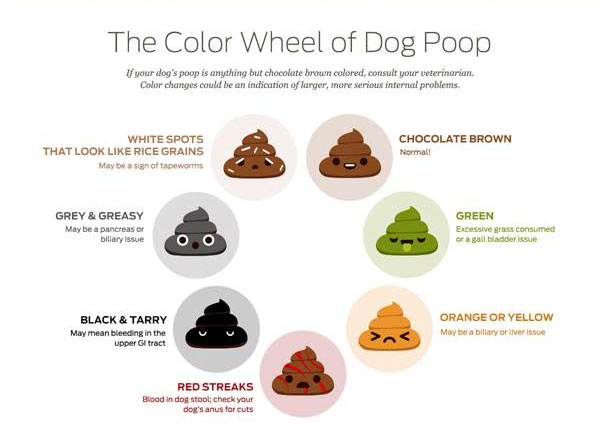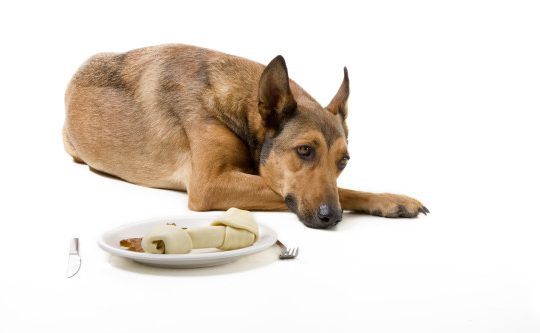
This might be a rather unpleasant topic, but nevertheless, it is imperative to assess your dog’s poop for signs of health problems.
We need to stay alerted because our furry friends can’t tell us if and when they have a tummy ache or a cramp. Monitoring their meals is crucial, yes! But you need to keep an eye on your dog’s excretes as well.
Generally, a healthy stood is firm, moist and has a very mild odour.

If you feed your dog kibble (A processed food that most veterinary clinics don’t recommend) they produce ridiculously large quantities of poop for a lot of reasons. First and foremost, kibble manufacturers produce unnaturally high amounts of the fibre (rice, beet pulp and soybean) as well as cellulose. Dogs need a healthy fibre content of both, but the ingredients that go into making kibble contain 28% more than the required amount.
Dogs that are fed raw food, on the other hand, produce lesser poop. Their excretes are smaller in size, firmer and significantly less stinky. However, if these raw foods contain high amounts of calcium, they may suffer from constipation. Dark, black, or tar-like stools are often associated with digested blood in the faeces. Bright red blood often accompanies anal gland conditions. Either way, you should have your pet checked out when you see changes in their faeces. Bleeding ulcers, parasites and more can cause dark or bloody stools and should be treated as quickly as possible.

Regardless of what your furball eats, it’s important to know what their excretes look and smell like so you’ll be aware of any changes that occur in them. One very obvious sign of a health problem is diarrhoea, but there are different types of diarrhoea depending on the cause of its origin.